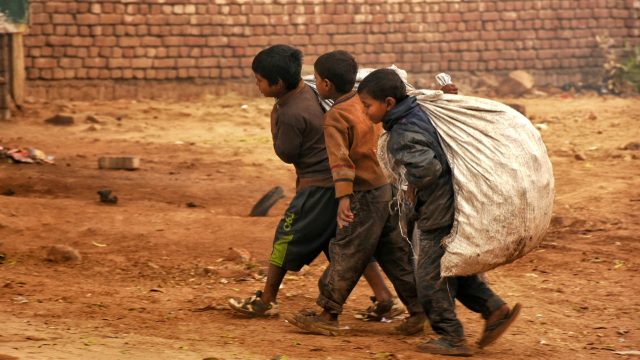REPORT: Pro-poor, inclusive green growth
The Pro Poor, Inclusive Green Growth report demonstrates how green growth can address some of the drivers of poverty and social exclusion. Published by the Global Green Growth Institute (GGGI) in association with the International Institute for Environment and Development (IIED) and the Green Economy Coalition (GEC), the report stresses that to be effective green growth strategies will need to strengthen institutional and governance structures and respond to people’s needs. Drawing from a number of case studies the publication provides practical steps for policymakers, business and civil society to work together to deliver inclusive green growth.
Covering over forty years of sustainable development, the report highlights progress that has been made toward greener and more inclusive growth, while drawing attention to scale limitations as a result of weak governance structures, policy incoherence and institutional silos. The report documents how poor groups and small or informal businesses often lack the power, access or agency to shape policy or business outcomes.
This is of critical importance because the informal economy is much larger than the formal economy in many developing countries, and the starting point for most poor groups. Therefore, if the benefits of green growth are to be shared and take hold at scale, these often excluded stakeholders need to ‘own’ and participate in inclusive green growth that is specific to their own experiences.
To achieve this and deliver pro-poor, inclusive green growth, the Report recommends that focus be placed on four key policy outcomes:
- Governance that is inclusive, integrated and transformative – founded on new and better linked institutions
- Empowerment of poor women and men – strengthening their livelihoods, rights and capital assets
- Inclusive finance mechanisms – making green options accessible to small/informal business
- Metrics for inclusive green growth – reinforcing desirable outcomes in planning and monitoring
The report also offers guidance on inclusive processes that deliver green growth outcomes. This begins with an assessment of the current status of outcomes, and the drivers and barriers of past efforts. Decision makers should then bring together social and business groups and authorities to explore the opportunities and challenges of different approaches, and to build consensus and a collective vision. Once plans have been developed and assessed, particularly for their distributional aspects, poor and marginalized groups must then be included in the implementation process.
A valuable tool for policymakers and development practitioners, the report will provide users with applicable lessons learned and approaches to help ensure that green growth engages and benefits all stakeholders.


